

Table of Contents
Seeds are often considered the building blocks of life, containing all the nutrients necessary for plants to grow and thrive. But they aren’t just good for plants; seeds are nutritional powerhouses for humans too. Packed with essential vitamins, minerals, and healthy fats, they provide an excellent boost to your overall health. In this blog, we’ll explore what seeds are, their importance, why we should include them in our diet, a list of nutritional seeds with their benefits and sources, and some adverse effects of overconsumption.
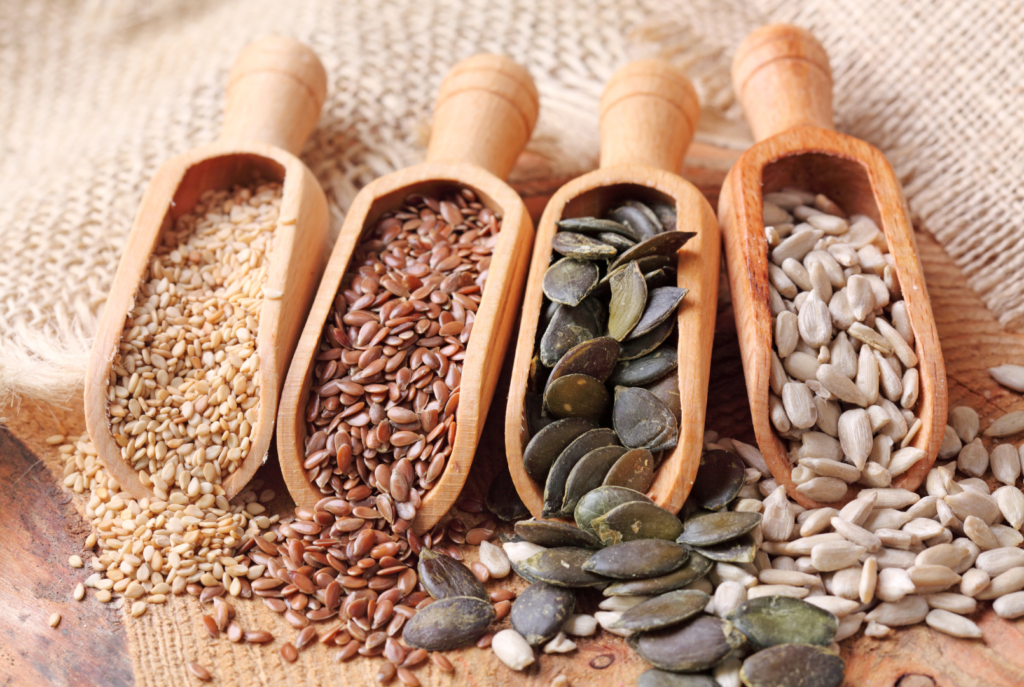
Seeds are nature’s tiny powerhouses, packed with all the essential nutrients required for the growth of plants. They contain high concentrations of vitamins, minerals, healthy fats, and proteins, making them a valuable addition to the human diet. While seeds have been used for centuries as food sources, their nutritional benefits have only recently gained widespread attention. In this blog, we’ll explore why seeds are vital for health, their importance in the diet, a list of seeds with their benefits, how to incorporate them into your meals, their potential adverse effects, and a conclusion with thoughts from Dietitian Anup Agarwal.
The importance of Seeds in Our Diet
Seeds are not just tiny grains; they are concentrated sources of vital nutrients that can significantly improve our overall well-being. Here are some reasons why seeds are important:
- Nutritional Powerhouses
Seeds are rich in essential nutrients such as protein, fiber, healthy fats, vitamins, and minerals. They often contain omega-3 and omega-6 fatty acids, vital for maintaining heart health. They are also a good source of antioxidants, which help in fighting free radicals in the body, preventing cell damage. - Boost Energy Levels
Due to their dense nutrient content, nutritional seeds provide sustained energy. They are high in healthy fats and proteins, which give a slow release of energy, making them an excellent addition to meals for lasting fullness and stamina. - Heart Health
Many seeds, such as flaxseeds and chia seeds, are loaded with omega-3 fatty acids, which are known to reduce bad cholesterol (LDL) and increase good cholesterol (HDL). This contributes to better cardiovascular health, reducing the risk of heart disease. - Weight Management
The high fiber content in seeds helps you feel fuller for longer, which can aid in weight management. Seeds like chia and flaxseeds swell when mixed with water, helping to curb hunger and promote satiety. - Improved Digestion
Seeds are packed with dietary fiber, which supports healthy digestion, making them a great addition to your daily diet. They help regulate bowel movements, prevent constipation, and support gut health by feeding beneficial bacteria in the gut.

Reasons to Add Seeds to Your Daily Diet
Seeds are incredibly versatile and can easily be incorporated into your daily diet in various forms. Including them regularly will enhance your nutrient intake and provide numerous health benefits:
- Rich in Antioxidants
Many seeds, such as sunflower and flaxseeds, are high in antioxidants like vitamin E and selenium. These compounds protect your cells from oxidative damage and inflammation, which can reduce the risk of chronic diseases like cancer and heart disease. - Hormonal Balance
Some seeds, such as flaxseeds and pumpkin seeds, are known to help balance hormones, particularly in women. Flaxseeds contain lignans, which have estrogen-like properties, while pumpkin seeds are high in zinc, which supports reproductive health. - Bone Health
Seeds like sesame and chia seeds are rich in calcium and magnesium, both of which are essential for maintaining strong bones and preventing conditions like osteoporosis. - Immune Boost
Pumpkin and sunflower seeds are high in zinc and selenium, minerals that are crucial for maintaining a strong immune system. Consuming these seeds can help protect your body from infections and diseases.
List of Seeds and Their Health Benefits
Here is a list of some of the most popular and nutritional seeds that you should consider incorporating into your diet, along with their health benefits:
Chia Seeds
Chia seeds are high in omega-3 fatty acids, fiber, protein, and antioxidants. They are known to support heart health, improve digestion and keep you fuller for longer. They can also help manage blood sugar, making them a beneficial choice for people with diabetes.
How to Consume:
Add chia seeds to smoothies, yogurt, or overnight oats for a nutritious boost. You can also use them as a thickening agent in puddings or mix them into baked goods for added nutrition.
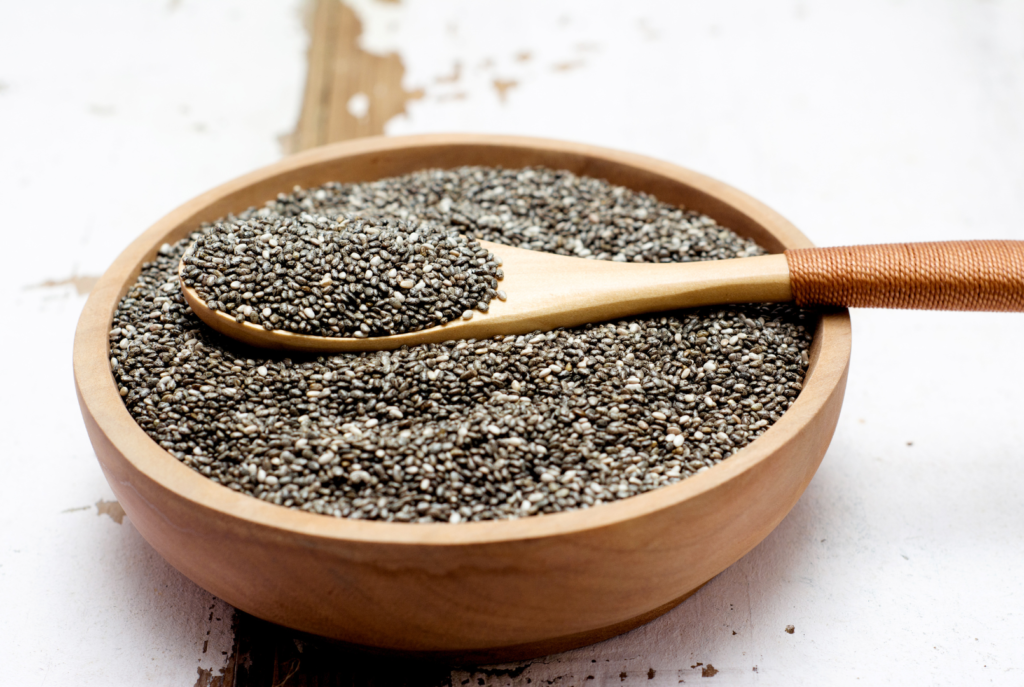
Flaxseeds
Benefits:
Flaxseeds are loaded with omega-3 fatty acids, lignans (which have antioxidant and estrogen properties), and fiber. They support heart health, reduce inflammation, improve digestive health, and help in balancing hormones. Flaxseeds are well-known for their ability to lower cholesterol levels.
How to Consume:
Flaxseeds are best consumed when ground, as whole flaxseeds may pass through the digestive system undigested. Mix ground flaxseeds into smoothies, oatmeal, or baked goods for added nutrition.
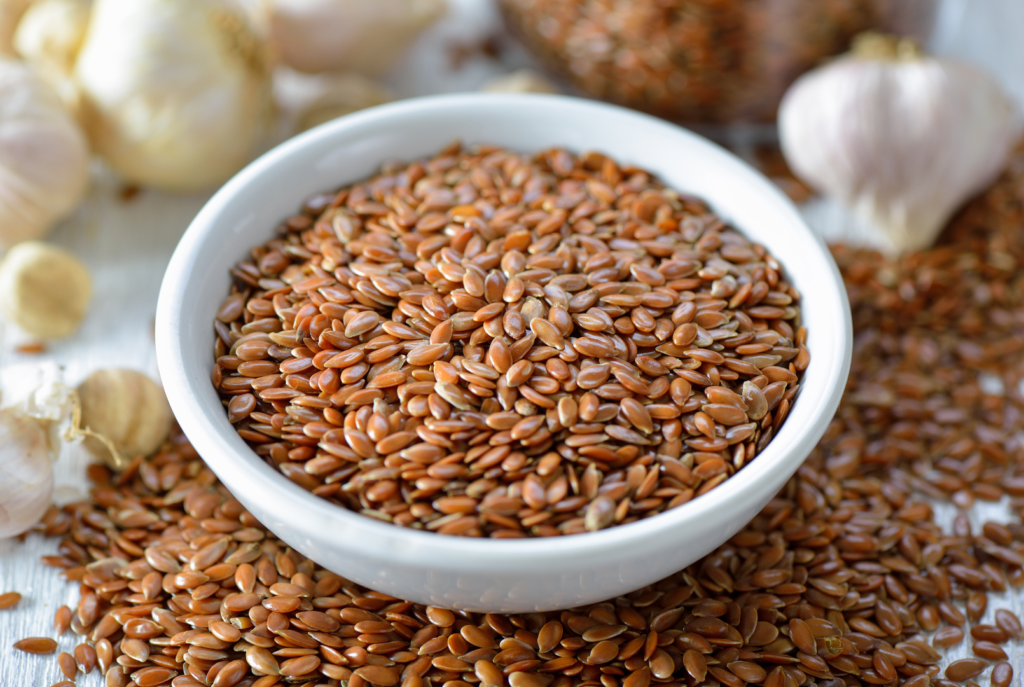
Pumpkin Seeds
Benefits:
Also known as pepitas, pumpkin seeds are packed with magnesium, zinc, healthy fats, and antioxidants. They help improve prostate health, support immune function, and promote good sleep due to their tryptophan content, which aids in the production of serotonin and melatonin.
How to Consume:
Pumpkin seeds are delicious as a snack, either raw or roasted. You can also sprinkle them over salads, soups, or granola for added crunch and nutrients.
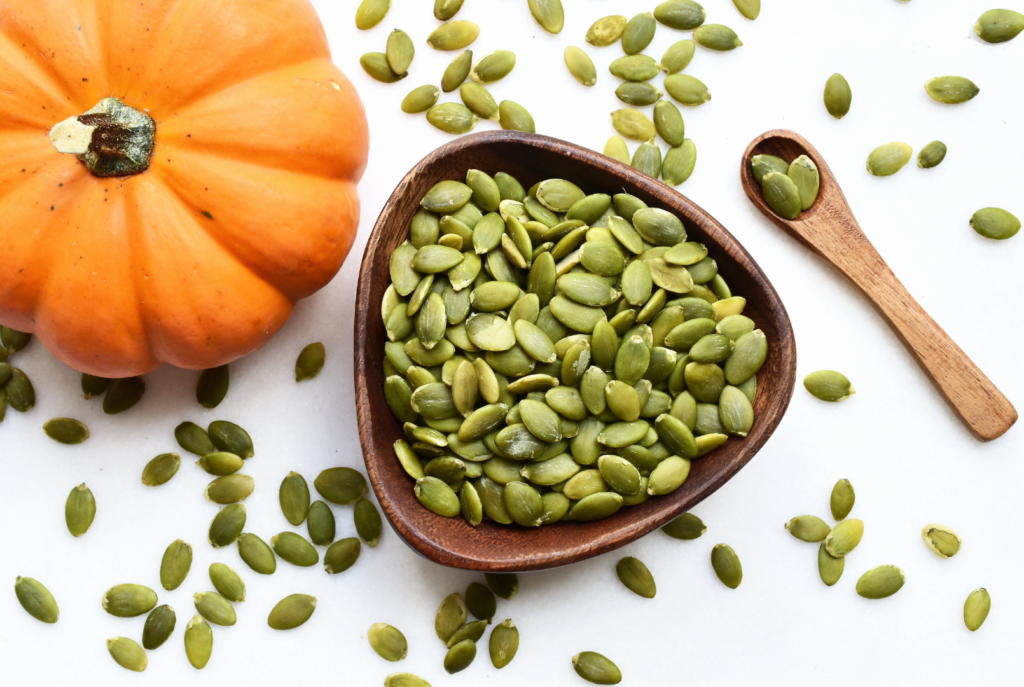
Sunflower Seeds
Benefits:
Sunflower seeds are a wonderful source of vitamin E, an antioxidant that helps protect cells from oxidative stress. They also contain healthy fats, protein, and fiber, which support heart health, skin health and reduce inflammation.
How to Consume:
Sunflower seeds can be enjoyed raw, roasted, or added to trail mix. You can sprinkle them over salads, use them as a topping for baked goods, or blend them into smoothies for a nutrient boost.
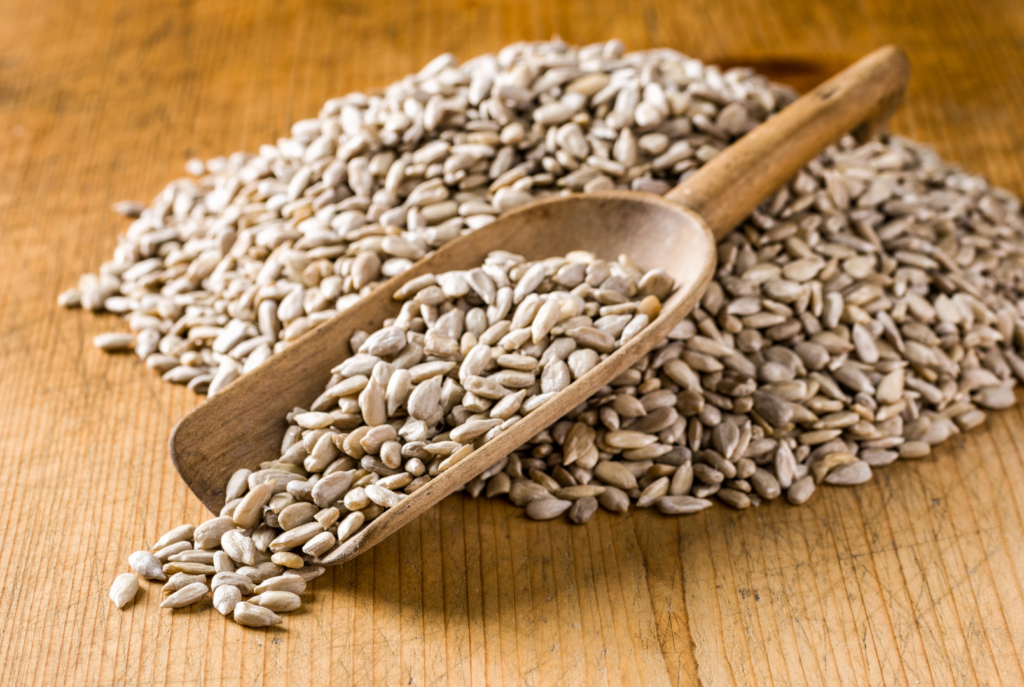
Sesame Seeds
Benefits:
Sesame seeds are rich in calcium, iron, magnesium, and antioxidants. They support bone health, improve skin elasticity, and may help in lowering cholesterol. Sesame seeds are also known for their potential anti-inflammatory properties.
How to Consume:
Sesame seeds are often used in tahini (sesame paste), which is a common ingredient in Middle Eastern and Mediterranean dishes. Sprinkle sesame seeds over salads, use them in stir-fries, or add them to baked goods for extra crunch.
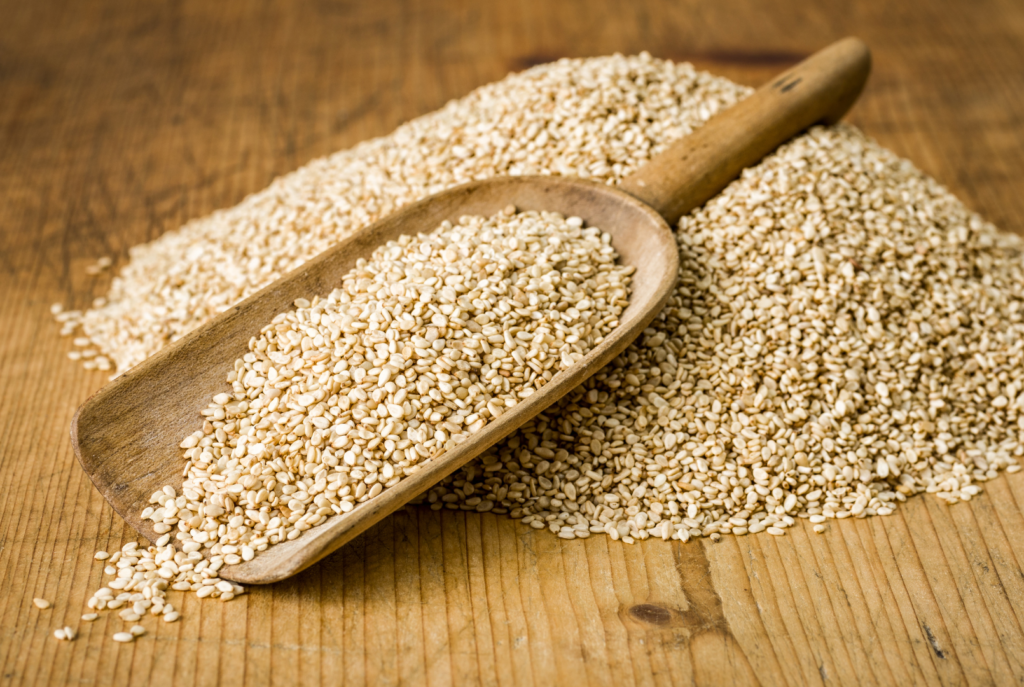
Hemp Seeds
Benefits:
Hemp seeds provide a complete protein source, as they contain all nine essential amino acids. They are excellent for muscle repair, heart health, and brain function. Hemp seeds are also high in omega-3 and omega-6 fatty acids, which promote cardiovascular health.
How to Consume:
Blend hemp seeds into smoothies, sprinkle them over salads, or mix them into breakfast bowls. You can also incorporate them into energy bars or baked goods.
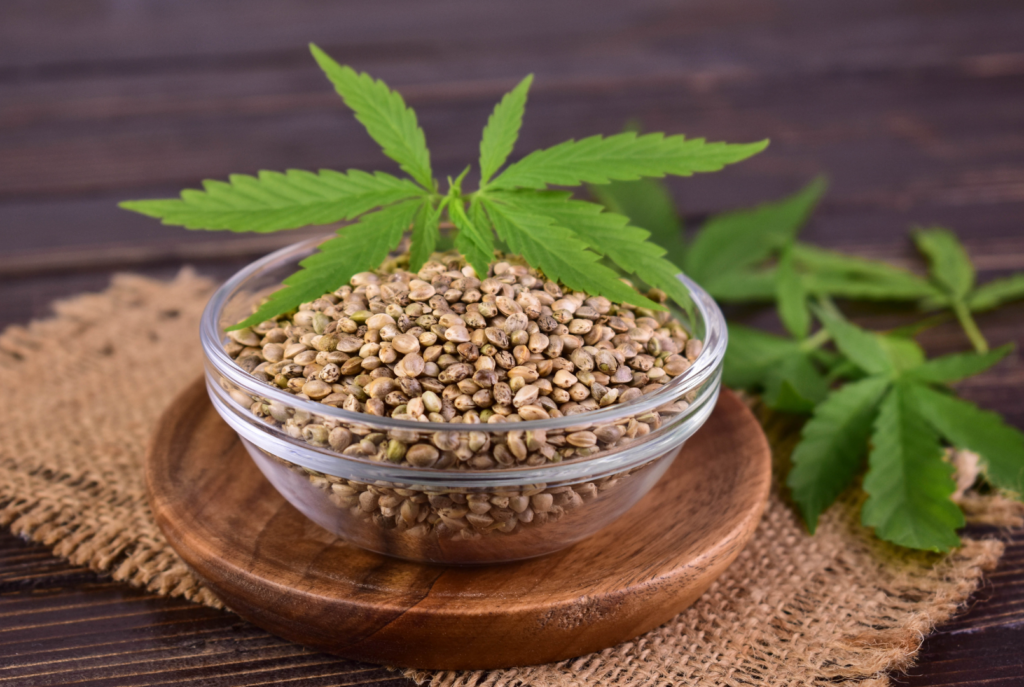
Poppy Seeds
Benefits:
Poppy seeds are high in calcium, phosphorus, and alkaloids, which help in promoting bone health, digestion, and have calming effects. They are commonly used for their subtle flavor and texture in various cuisines.
How to Consume:
Poppy seeds can be added to baked goods such as muffins, cakes, and bread. You can also sprinkle them over salads or mix them into yogurt or oatmeal.
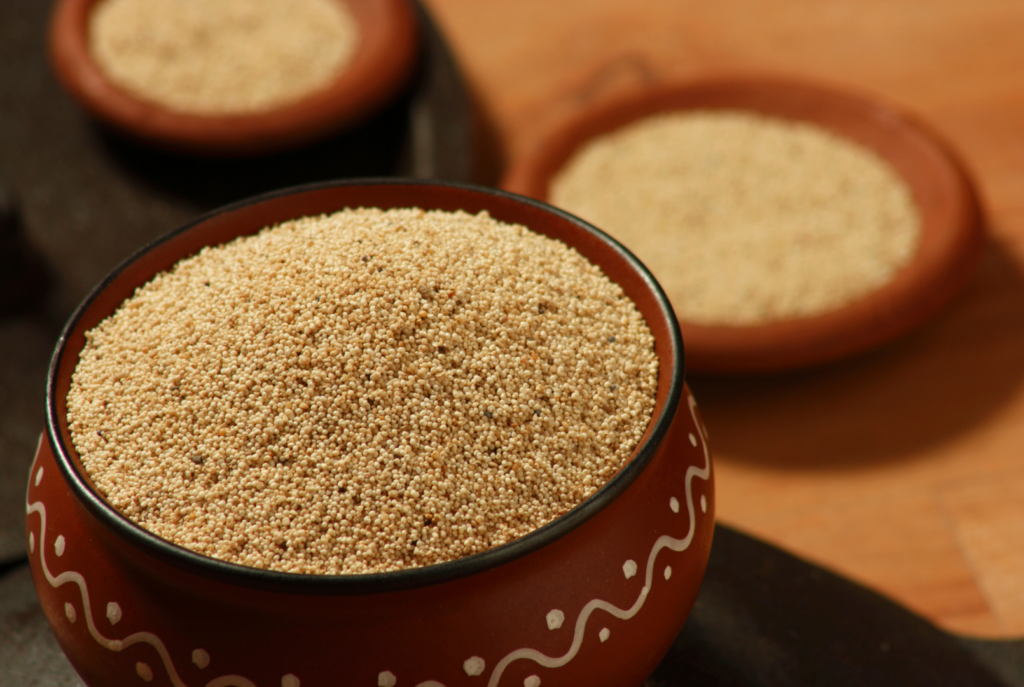
Quinoa
Benefits:
Quinoa, often mistaken for a grain, is actually a seed. It is rich in protein and contains all nine essential amino acids, making it a fantastic plant-based protein source. Quinoa is also high in fiber, magnesium, and antioxidants, supporting overall health.
How to Consume:
Quinoa can be used as a base for salads, soups or as a side dish instead of rice or pasta. It’s also excellent in grain bowls or as a breakfast porridge.
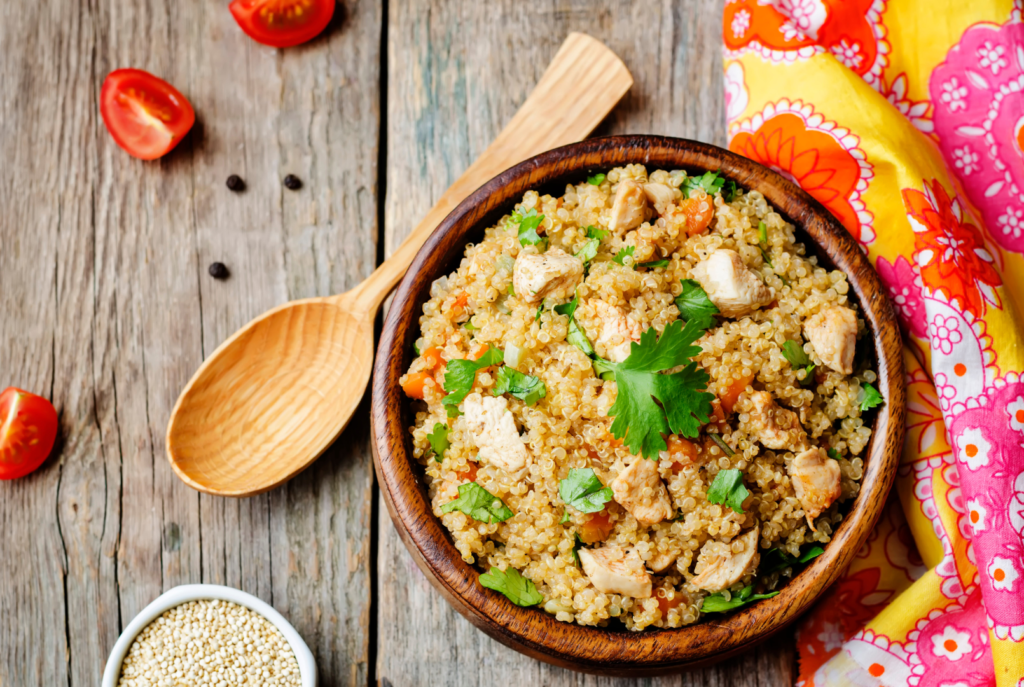
Fenugreek Seeds
Benefits:
Fenugreek seeds are known for their ability to regulate blood sugar levels and improve digestion. They contain soluble fiber, which helps lower cholesterol and improve heart health. Fenugreek seeds are also used to increase milk production in breastfeeding women.
How to Consume:
Fenugreek seeds can be soaked overnight and consumed in the morning or used as a spice in curries and soups. You can also grind them and add them to dishes for flavor and health benefits.
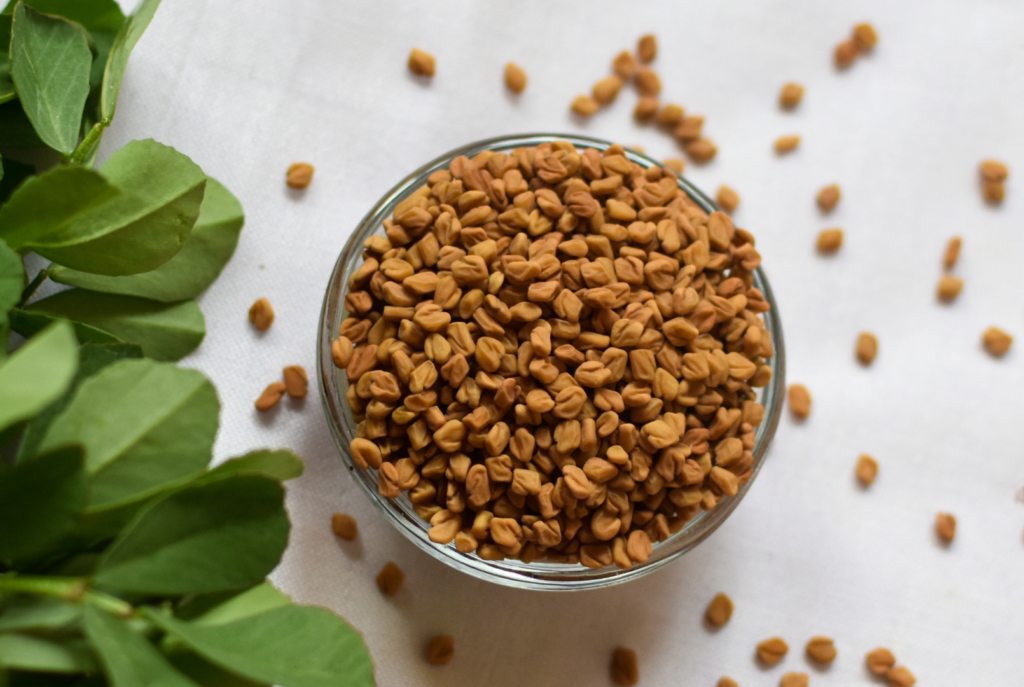
Black Sesame Seeds
Benefits:
Black sesame seeds are especially rich in calcium, magnesium, and iron, supporting bone health and improving digestion. They have strong antioxidant properties and can help protect against oxidative stress.
How to Consume:
Black sesame seeds are highly versatile and can be incorporated into a variety of both sweet and savory recipes. They can be sprinkled over rice, used in salads, or blended into smoothies. In Asian cuisine, they are often ground into a paste for desserts.
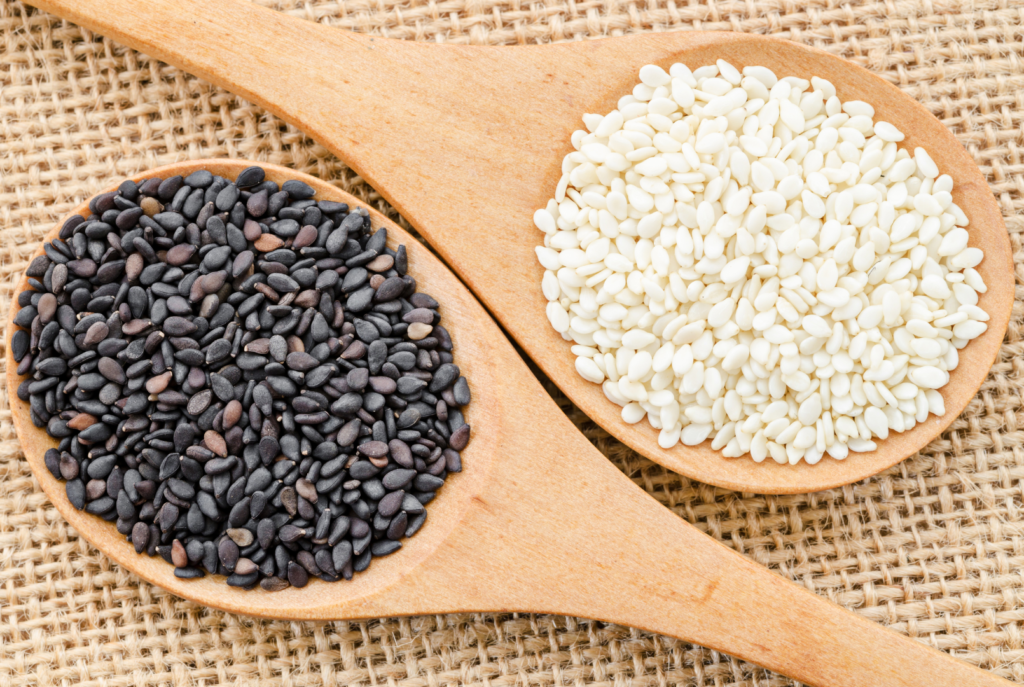
Nigella Seeds (Black Cumin)
Benefits:
Nigella seeds, also known as black cumin, are known for their potent antioxidant and anti-inflammatory properties. They have been used for centuries in traditional medicine to support immune function, reduce inflammation, and improve digestive health.
How to Consume:
Nigella seeds are commonly used as a spice in Middle Eastern, Indian, and North African dishes. You can sprinkle them over bread, add them to curries, or use them in salad dressings.
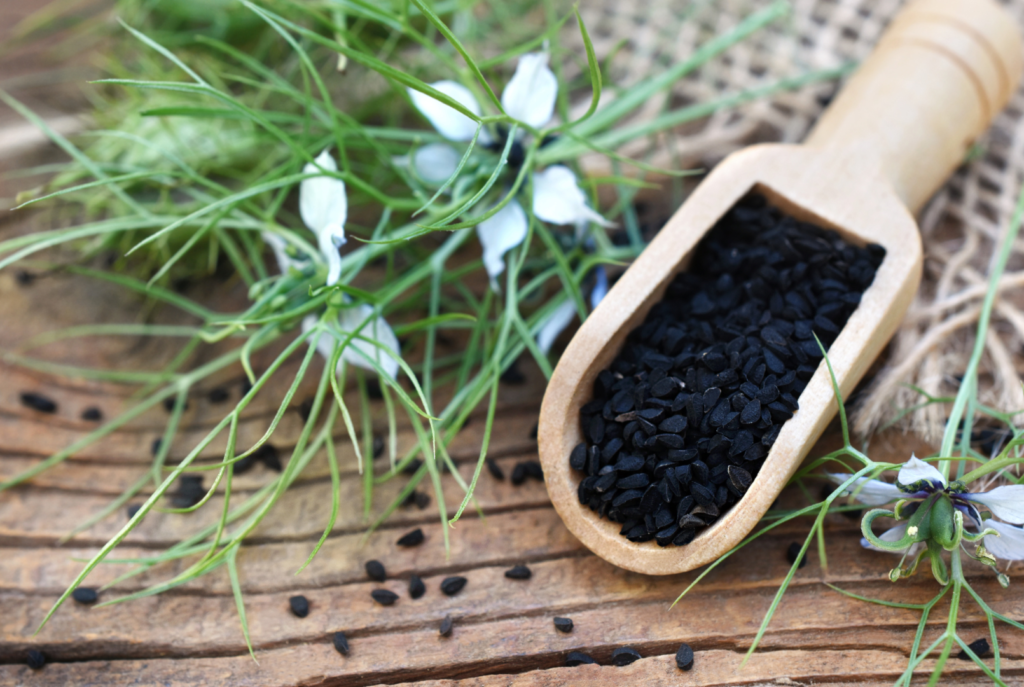
Watermelon Seeds
Benefits:
Watermelon seeds are high in protein, magnesium, and healthy fats. They help improve heart health, aid in muscle recovery, and promote better skin and hair health.
How to Consume:
Roasted watermelon seeds can be eaten as a snack or added to salads, smoothies, or baked goods for extra crunch.
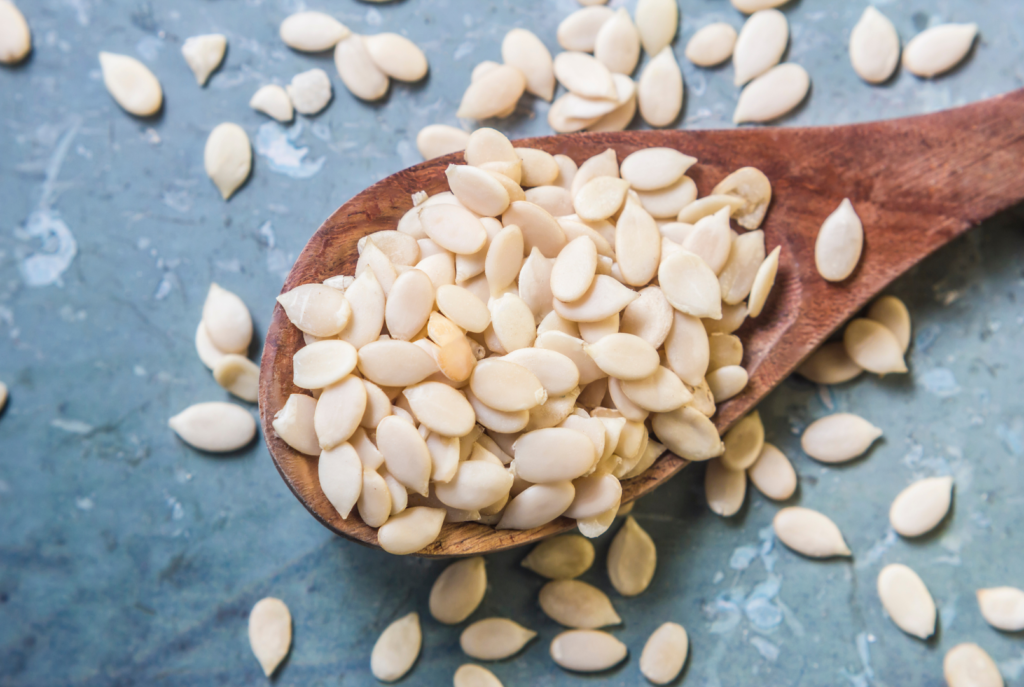
Cumin Seeds
Benefits:
Cumin seeds are packed with antioxidants and are known for their digestive and immune-boosting properties. They may also help in controlling blood sugar and improving cholesterol levels.
How to Consume:
Cumin seeds are commonly used as a spice in curries, soups, and rice dishes. You can also roast and grind them to enhance the flavor of your dishes.
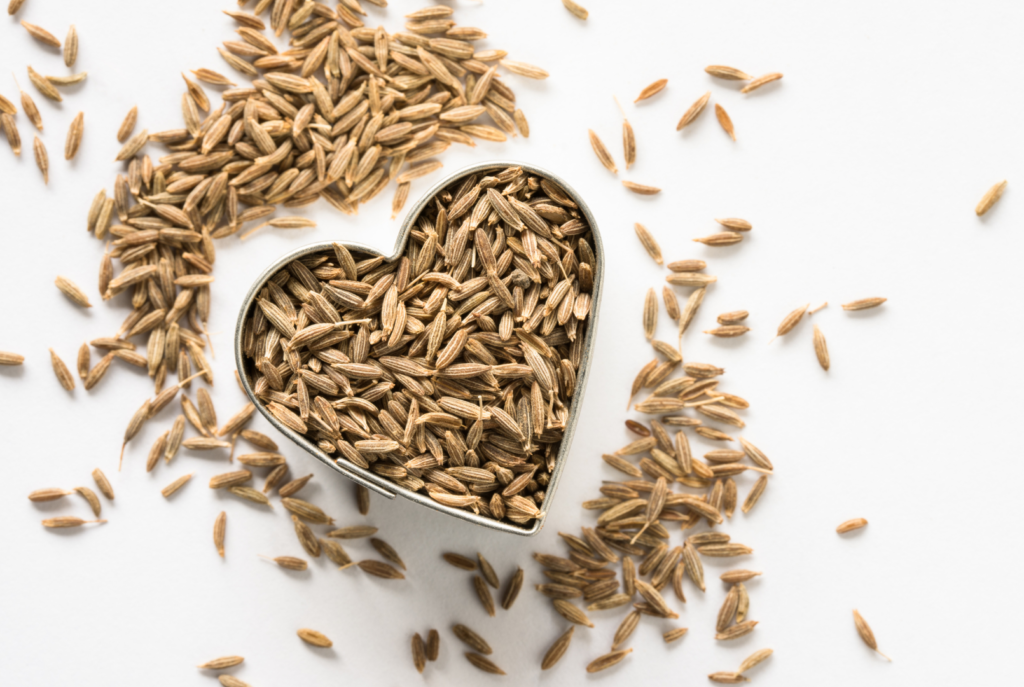
Pine Nuts
Benefits:
Pine nuts are rich in healthy fats, particularly monounsaturated fats, which promote heart health. They are also a good source of vitamin E, magnesium, and zinc, which support immune function and skin health.
How to Consume:
Pine nuts are often used in Mediterranean cuisine, especially in pesto. They can be toasted and added to salads, pastas, or grain bowls for a rich flavor.
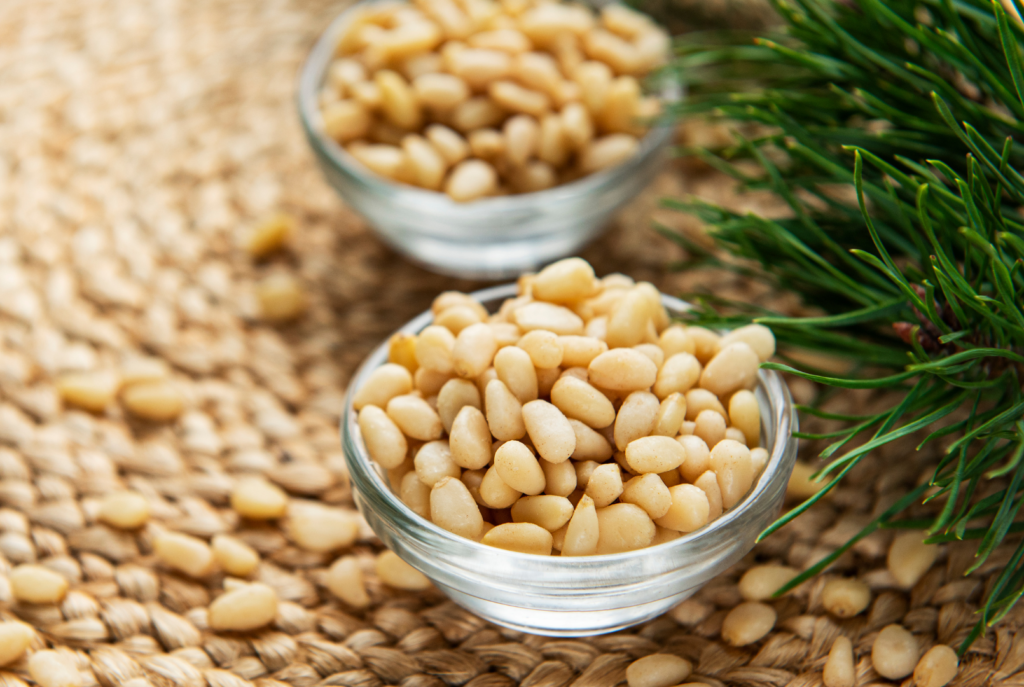
Caraway Seeds
Benefits:
Caraway seeds aid in digestion and are often used to relieve bloating and indigestion. They are also high in fiber and antioxidants, promoting heart health and reducing inflammation.
How to Consume:
Caraway seeds are typically used as a spice in bread, soups, and stews. They are also commonly found in European and Middle Eastern dishes.
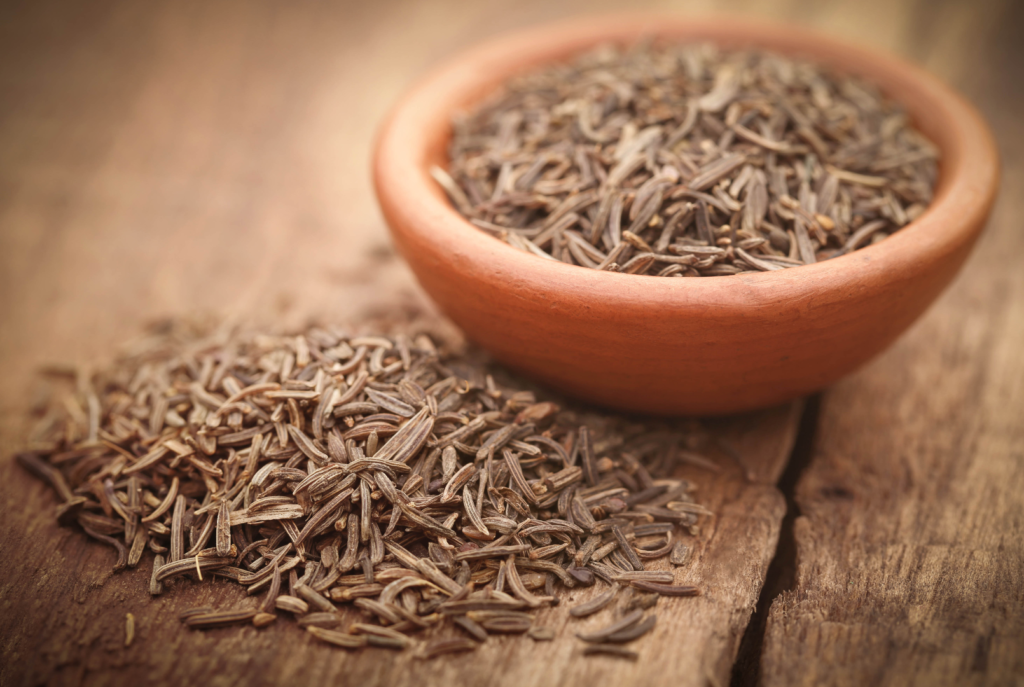
Potential Adverse Effects of Seeds
While seeds are packed with nutrients and health benefits, consuming them in excessive amounts or without proper preparation can have some adverse effects:
- Caloric Density
Many nutritional seeds are calorie-dense, and consuming them in large quantities can contribute to weight gain, especially if you’re not mindful of portion sizes. - Digestive Discomfort
Some seeds, like chia and flaxseeds, are very high in fiber. Eating them in excess can cause bloating, gas, or even constipation if not consumed with adequate water. - Allergic Reactions
Seeds like sesame and poppy seeds are common allergens. People who are allergic to these seeds may experience reactions ranging from mild itching to severe anaphylaxis. - Oxalates and Phytic Acid
Some nutritional seeds, such as chia and flaxseeds, contain compounds called oxalates and phytic acid, which can interfere with the absorption of minerals like calcium and iron. It’s advisable to consume these seeds in moderation or after soaking or sprouting them to reduce these effects.
Tips for Incorporating Seeds Into Your Diet
- Smoothies: Add chia, flax, or hemp seeds to your morning smoothie for an extra nutrient boost.
- Salads: Sprinkle sunflower, pumpkin, or sesame seeds over salads for added crunch and nutrition.
- Baking: Mix ground flaxseeds or chia seeds into your baked goods for a healthier twist.
- Snacks: Roast pumpkin or sunflower seeds for a healthy snack alternative to chips.
- Soups and Curries: Add seeds like sesame or quinoa to soups and curries for added texture and flavor.
By making seeds a regular part of your diet, you can enjoy a wide range of health benefits while adding texture and flavor to your meals.

Dietitian’s Desk
Dt. Anup Agharwal emphasizes the remarkable nutritional benefits that nutritional seeds offer. According to him, including a variety of seeds in your diet is a simple yet highly effective way to improve overall health. “Although tiny, seeds are loaded with important nutrients such as omega-3 fatty acids, fiber, and antioxidants. These nutrients play a crucial role in supporting heart health, aiding digestion, and helping with weight management. However, moderation is key. Rotating the types of seeds you consume can prevent potential adverse effects while maximizing the benefits.”
Incorporating a variety of nutritional seeds into your meals is a great way to enhance your intake of essential nutrients such as healthy fats, protein, and fiber. Each type of seed offers unique health advantages, from promoting cardiovascular wellness to boosting digestion and energy levels. However, it’s crucial to monitor portion sizes due to their high caloric content, as overconsumption could lead to digestive discomfort or unintended weight gain.
Adding nutritional seeds to your daily diet can be as easy as sprinkling them over salads, blending them into smoothies, or mixing them into baked goods. Their versatility allows you to enjoy both the flavors and health benefits they bring. By consuming seeds in moderation and being mindful of any potential allergies, you can make these nutrient-dense powerhouses a valuable part of your balanced diet.
FAQs
What are seeds and why are they good for your health?
Seeds are small, nutrient-rich powerhouses packed with essential vitamins, minerals, fiber, healthy fats, and antioxidants. They help in improving heart health, digestion, and energy levels.
Which seeds are best for heart health?
Chia seeds, flaxseeds, and hemp seeds are high in omega-3 fatty acids, which help lower bad cholesterol and promote heart health.
How many seeds should I eat in a day?
Moderation is key. Around 1–2 tablespoons of seeds per day is a healthy amount to add to your meals without overdoing the calorie intake.
Can I eat seeds raw or should they be cooked?
Most seeds can be eaten raw, but some are easier to digest and absorb after being soaked, sprouted, or lightly toasted.
Are seeds good for weight loss?
Yes, seeds like chia and flaxseeds are high in fiber and help keep you feeling full, which can aid in weight management.
Are there any side effects to eating too many seeds?
Overeating seeds can cause digestive issues like bloating or constipation due to their high fiber content. They are also calorie-dense, so consuming large amounts may lead to weight gain.
Can people with seed allergies still enjoy some types of seeds?
It depends on the individual’s allergy. For example, if someone is allergic to sesame seeds, they may still be able to enjoy other seeds like chia or flaxseeds. However, it’s always best to consult a doctor.
What’s the best way to store seeds?
Seeds should be stored in airtight containers, preferably in a cool, dark place like the refrigerator, to keep their oils from going rancid.
Can I use seeds as a substitute for nuts?
Yes, seeds can be a great alternative to nuts, especially for people with nut allergies. Sunflower seeds, pumpkin seeds, and chia seeds can replace nuts in many recipes
Are seeds good for children?
Yes, seeds are safe and beneficial for children, providing them with essential nutrients. Just be sure to grind small seeds like flaxseeds or chia seeds to avoid choking hazards for younger kids.

🎯 10+ years of Experience
🎓 10k+ Trained ( 📍 Jaipur )
💪 Helping change people’s lives
🌿 Most trusted lifestyle counselor
